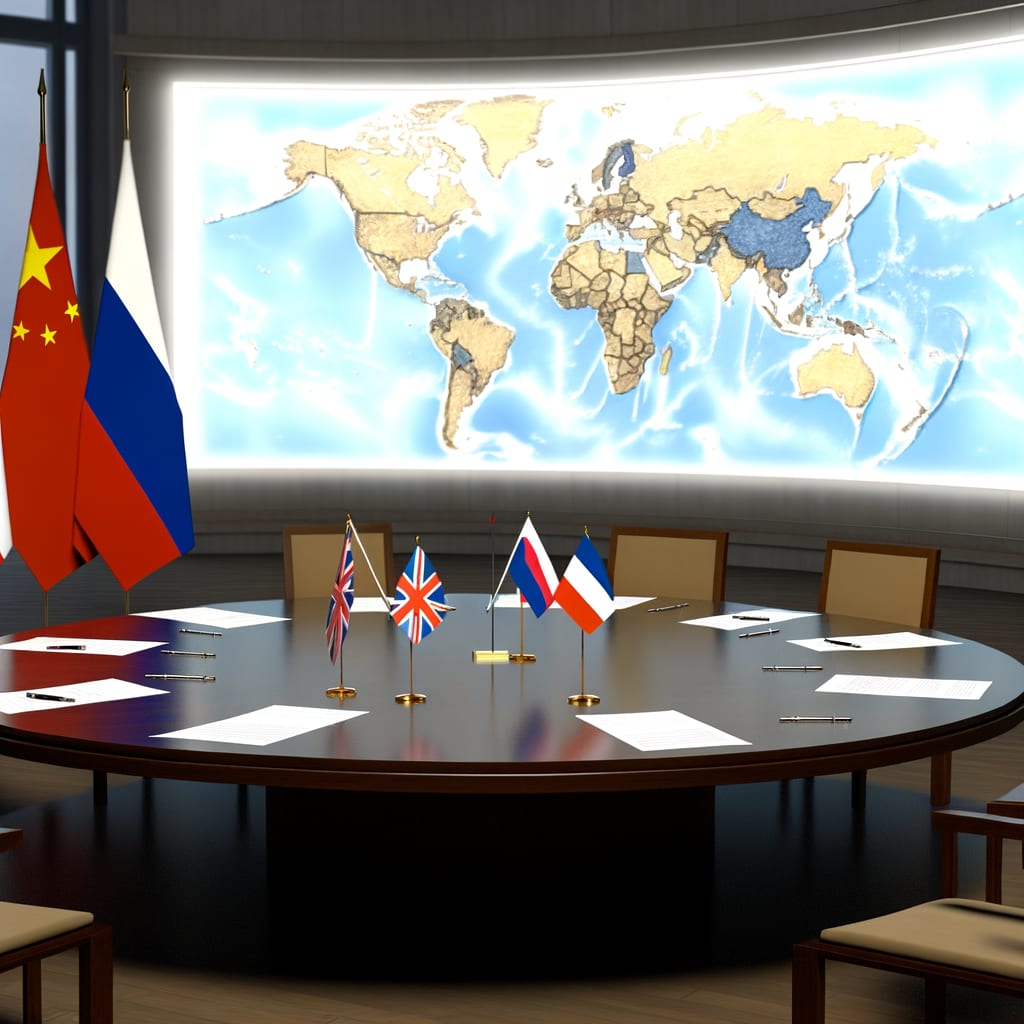Iran Engages in Nuclear Talks Amid Threat of Sanctions Snapback
In a bid to prevent the potential reactivation of United Nations sanctions, Iran is actively engaged in nuclear talks with China, Russia, and three European nations--the UK, France, and Germany.
Background Context
Iran has been involved in a complex diplomatic landscape since the signing of the 2015 deal in which the country agreed to curb its nuclear program. The deal is now teetering on the brink of collapse following threats by the European signatories to reinstate UN sanctions unless Tehran allows UN inspectors back into nuclear facilities and resumes negotiations with a disinterested United States.
There is mounting pressure from Western nations, particularly the three European powers, to reopen negotiations over Iran’s nuclear activities to avoid reimposing harsh sanctions. The Iranian Foreign Ministry, represented by the spokesperson Esmail Baghaei, expressed concern about the potential implications of the activation of the snapback mechanism.
Key Developments
According to various sources including TASS and Al Jazeera English, Iran is maintaining contact with Russia and China on the nuclear issue. Furthermore, the country is prepared to resume indirect talks with the US, as stated by Iran's top diplomat, Abbas Araghchi, despite the US attack on nuclear facilities in Fordow, Natanz, and Isfahan.
The situation is further complicated by the Iranian Parliament expressing distrust in the International Atomic Energy Agency (IAEA). Despite this, the first group of IAEA inspectors is reported to be back in Iran, as reported by TASS.
Implications and Reactions
In response to the looming threat of sanctions, Iran is negotiating with all our might,
according to Esmail Baqaei, who added, We will not allow this issue to become a tool of psychological warfare against...our citizens.
The sentiment of commitment to diplomacy is echoed by Iran as it seeks to avoid crippling sanctions.
In a recent meeting in Geneva, Iran and the E3 nations - the UK, France, and Germany - discussed the nuclear deal and the sanctions issue. However, these talks ended without a defined outcome, leading to a heightened sense of uncertainty. The European powers expressed their desire to ascertain the credibility of Iran in these negotiations.
Current Status and Conclusion
Reports suggest that Russia is open to supporting a six-month extension of the deadline before the sanctions are reimposed. This comes as the largely defunct nuclear deal between Tehran and the major powers, struck a decade ago, is set to expire on October 18.
With the threat of a sanctions snapback looming, Iran continues to engage in high-stakes negotiations. As the deadline approaches, the world watches closely to see whether diplomacy will prevail in this complex interplay of nuclear power, international relations, and global security.

